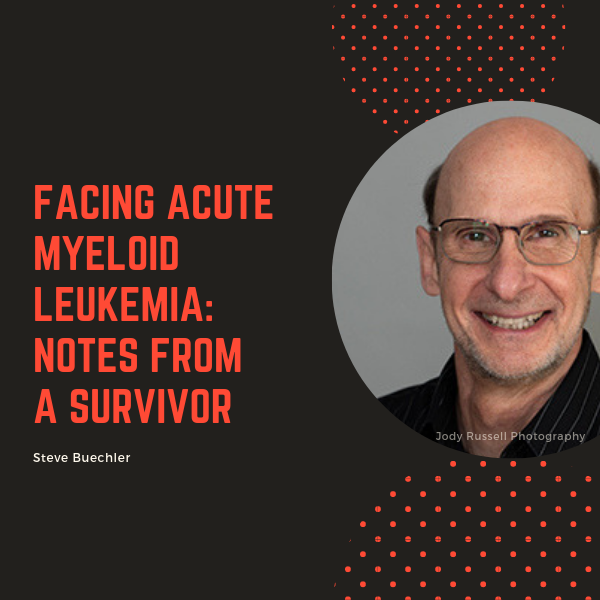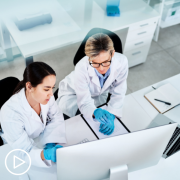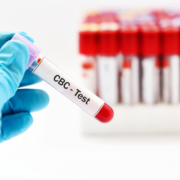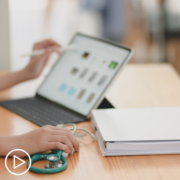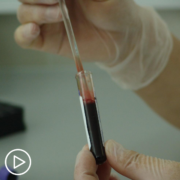Overwhelmed By a CLL Diagnosis? Key Steps to Take
Overwhelmed By a CLL Diagnosis? Key Steps to Take from Patient Empowerment Network on Vimeo.
CLL advocate Dr. Brian Koffman, outlines key steps to take following a chronic lymphocytic leukemia (CLL) diagnosis.
Dr. Brian Koffman is the cofounder, chief medical officer, and executive vice president of The CLL Society.
See More From The Path to CLL Empowerment
Related Resources
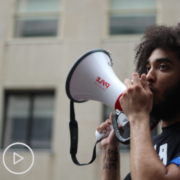
|
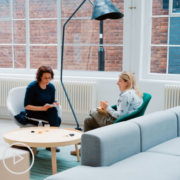
|
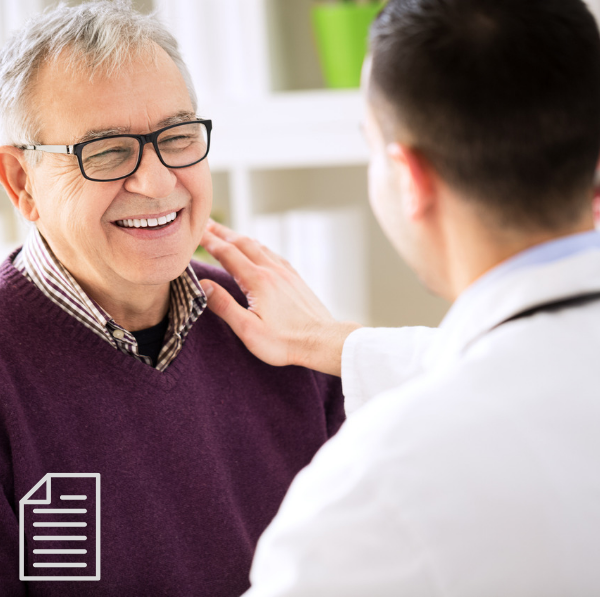
|
Transcript:
Dr. Koffman:
When somebody’s starting their CLL journey, there is some advice that I’d like to give people. The first is take your time. CLL rarely needs to be treated as soon as it’s diagnosed. You have time to learn about the disease, to familiarize yourself with the disease, and that learning is an iterative process.
You go over and over stuff, and eventually, this incredibly foreign language full of acronyms and medical talk becomes more familiar to you, and you feel more comfortable with it. But, it’s very overwhelming at first, but it’s not like some acute leukemias and other kinds of cancer, where they’re gonna see you on Tuesday and book the start of therapy on Friday. In CLL, that almost never happens. So, the first thing I would say is take a deep breath, under-react, and accept that you’ve got some time to make that decision.
The second strong piece of advice I would give people is to get an expert on your team. I can’t emphasize that enough. CLL is a rare cancer that the treatment paradigms have shifted radically in the last couple years, and they’re continuing to shift. And, if you’re not taking advantage of those changes – and, the research shows that in the community, patients are still too often getting inappropriate or less-than-optimum care compared to what’s happening in academic research centers.
You wanna get into their Rolodex file. You wanna be in their system so if a crisis happens three years down the line, you’re not a new patient trying to get an appointment. You have them in your system.
A third point that I’d make is to insist that you get appropriate testing before each and every treatment of your CLL. “Test before treat” is one of our mantras at the CLL Society because CLL tends to evolve over time, and not some – most, but not all of the prognostic and predictive factors can change over time, and those factors can be very influential in terms of saying, “This therapy will work, that therapy won’t work.” It’s critical that you know that, and if you knew it a year ago, it may be different now, so it’s critical to insist that your doctor do the appropriate predictive and prognostic testing.
We outline that on our website in our “test before treat” section in terms of what tests you need to have done. Take your time, get an expert, and get tested before treatment.
So, one of the questions I get asked is how can people learn more about CLL?
So, you can – some people like to learn online. CLLSociety.org has highly curated, medically reviewed articles that can help people from the beginning move forward. Leukemia and Lymphoma Society has useful resources on their website and has pamphlets that can help. Lymphoma Research Foundation is another. The Patient Empowerment Network offers you resources, listening to CLL experts and other CLL patients.
Going to support groups – you can often learn from other patients’ experiences. There’s nothing like meeting another patient and finding out what they’re like in that journey, especially if you’re two months into the journey and they’re 15-20 years into the journey. That can be incredibly helpful for you to see what their personal experience was in doing that. So, and also, there’s educational forums – for example, at the CLL Society, we have a dozen educational forums across the country every year – that give people an opportunity to learn from experts at places like the National Institutes of Health, Dana-Farber, MD Anderson, UCSD, and the Mayo Clinic.
So, we usually have one that isn’t far away from people to be able to go to if you wanna do your learning live.


